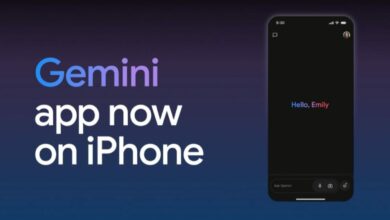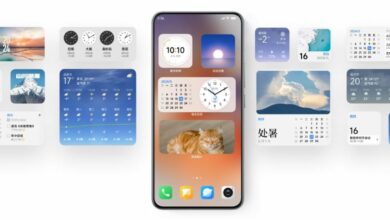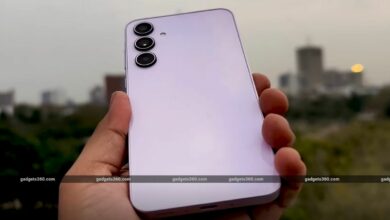The eSIM revolution: How digital SIMs fit into today’s mobile habits
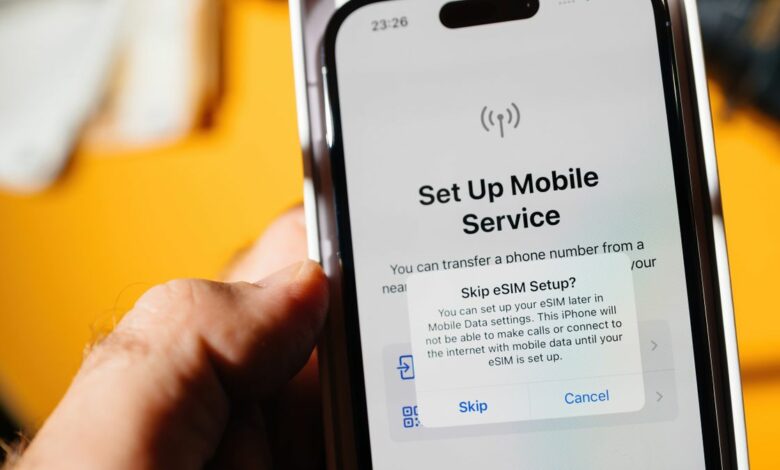
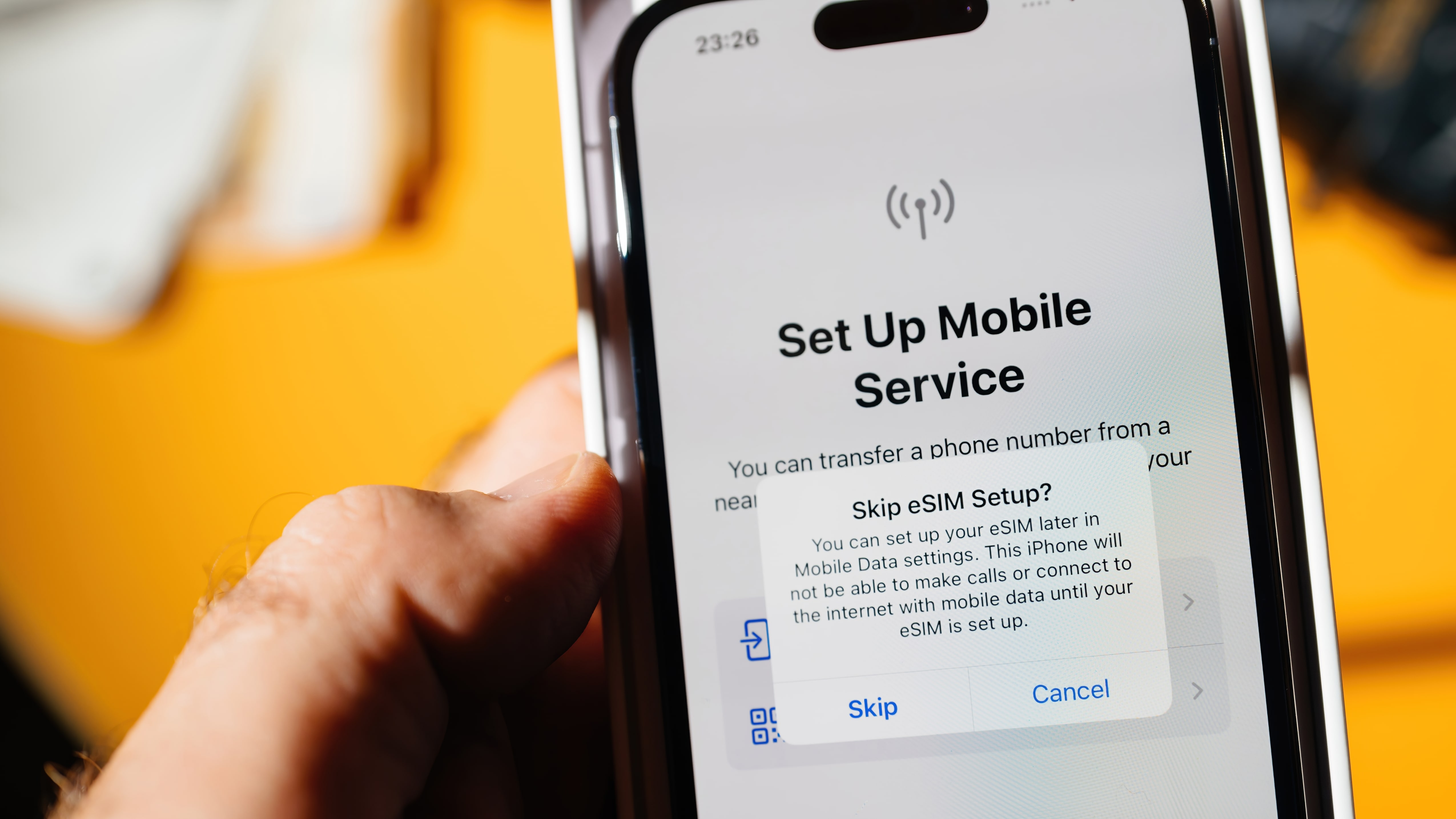
The way we interact with our mobile devices is rapidly changing, and one of the most disruptive innovations driving this transformation is the eSIM. This isn’t just an incremental upgrade in mobile technology; it’s a revolution that fundamentally changes how we think about connectivity, mobility, and control. As we increasingly demand more flexibility, convenience, and seamless experiences from our technology, eSIMs are emerging as not just an option, but the inevitable future of mobile connectivity. When we set out to build Slice, we wanted to create a product that anticipates and reflects the changing needs of today’s mobile users, and the eSIM was the perfect foundation for that vision.
Technology Director at Slice.
The demise of the physical SIM card
Let’s face it: the physical SIM card has long outlived its usefulness. What started as a necessary tool for identifying users on mobile networks has become a cumbersome relic in an age where everything about our devices has become sleeker, faster, and more efficient. The transition from standard to micro to nano SIMs may have shrunk their size, but it’s done nothing to address the core limitations of a physical entity. They’re easy to lose, easy to damage, and needlessly restrictive.
eSIM technology marks the long-awaited demise of the physical SIM card. Built directly into a device’s hardware, eSIMs eliminate the need for a physical card entirely. This shift from hardware-based to software-based identification is not only convenient, it’s revolutionary. It’s time to move beyond the limitations of small plastic cards and embrace a future where connectivity is as flexible and dynamic as our lifestyles.
The demand for flexibility: How eSIMs fit into modern life
Today’s mobile users have come a long way from the relatively passive consumers of the past. We are more demanding, more informed and more attuned to the possibilities that technology can deliver. We don’t just want a phone that works; we want a phone that works exactly the way we need it to, wherever we are and however we use it. eSIMs are uniquely positioned to meet this demand, offering a range of benefits that speak to the needs of the modern user.
Control in the hands of the consumer
The days of being locked into long-term contracts with inflexible carriers are thankfully over. Consumers today want control over their mobile experience, and eSIMs provide that control in spades. With eSIMs, switching carriers is as easy as downloading an app. No more waiting for a new SIM card to arrive in the mail. No more being locked into a network that doesn’t meet your needs. The power is finally where it belongs: in the hands of the consumer.
This isn’t just a nice-to-have feature; it’s a fundamental shift in the balance of power between consumers and networks.
For too long, mobile networks have dictated the terms of our connectivity. eSIM technology flips the script and empowers users to take control of their mobile plans, switching between providers and plans as easily as switching apps. We see our customers as co-owners, allowing them to actively co-create and shape the network and its features, ensuring it becomes the network they always envisioned. Our ultimate goal is to create a community where there is no distinction between ‘us’ and ‘them’, but rather a single community of ‘us’.
Sustainability: eSIMs and modern living habits
In today’s world, sustainability is no longer an afterthought, but a major consideration in how we live and consume technology. The impact of traditional SIM cards on the environment is surprisingly large. Approximately 6 billion SIM cards are produced worldwide each year, contributing to plastic waste and carbon emissions from manufacturing and shipping.
eSIM technology offers a more sustainable alternative. By eliminating the need for physical SIM cards, eSIMs reduce the environmental footprint associated with mobile connectivity. The carbon footprint of a plastic SIM card is approximately 46% higher than that of an eSIM, making the latter a much greener choice. Furthermore, as the world shifts towards reducing single-use plastics and embracing digital solutions, eSIMs align perfectly with these modern lifestyle habits.
True global connectivity
The world is more connected than ever, and our mobile technology needs to keep up. Traditional SIM cards are woefully inadequate for the globetrotter who doesn’t have the time or patience to hunt down a local SIM card in every new country they visit. eSIM technology elegantly solves this problem. With an eSIM, you can download and activate a subscription in minutes, without ever leaving your hotel room. This isn’t just a convenience; it’s a necessity for anyone who values their time and connectivity.
Additionally, as 5G networks become the norm, being able to switch networks quickly and easily will be crucial. eSIMs offer a future-proof solution for anyone looking to stay ahead of the curve. Want to switch to a 5G plan? Do it from your phone in seconds. No more queuing at a store, no more fiddling with tiny SIM cards.
Conclusion: A future shaped by eSIM technology
The eSIM revolution represents more than just a new way to connect; it’s a fundamental shift in the way we interact with our mobile networks. As our lives become increasingly digital, the need for seamless, flexible and secure connectivity will only increase. eSIMs are uniquely positioned to meet these demands, making them the future of mobile technology.
As more consumers across Europe and the UK discover the benefits of eSIMs, we are confident that this technology will become the standard for mobile connectivity – one that is more flexible, secure and in line with the way we live today. The physical SIM card had its moment, but that moment is over. It’s time to embrace the future with eSIM technology, a future that Slice is proud to be a part of.
We’ve highlighted the best business VPNs for you.
This article was produced as part of TechRadarPro’s Expert Insights channel, where we showcase the best and brightest minds in the technology sector today. The views expressed here are those of the author and do not necessarily represent those of TechRadarPro or Future plc. If you’re interested in contributing, you can read more here:

